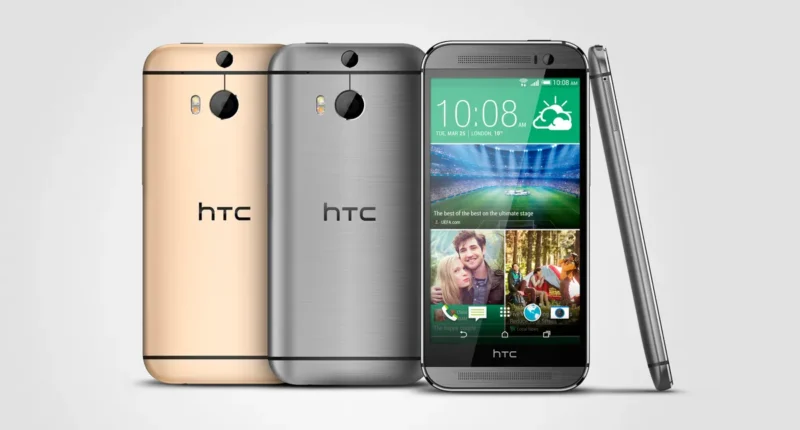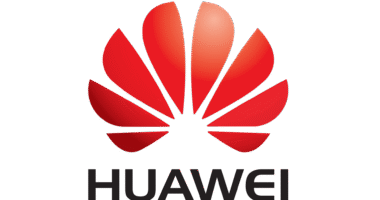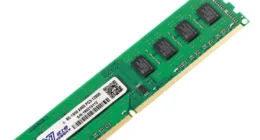The Rise and Fall of HTC: A Smartphone Journey
HTC, once a pioneering smartphone manufacturer, played a key role in shaping the mobile industry. From its early successes to its decline, the company’s journey offers valuable lessons about innovation, competition, and market dynamics.
The Rise of HTC
Early Innovations and Android Adoption
HTC began as a hardware manufacturer for other brands but quickly moved into designing its own smartphones. It gained recognition with the HTC Dream (T-Mobile G1) in 2008, the first Android phone, which revolutionized mobile technology. HTC’s commitment to Android innovation helped it capture early market attention.
Flagship Successes
HTC’s HTC One series, launched in 2013, was critically acclaimed for its premium design, build quality, and advanced features like the Ultrapixel camera. At its peak, HTC was considered a serious competitor to Apple and Samsung, blending hardware excellence with software innovation.
The Decline of HTC
Fierce Competition
Despite early successes, HTC struggled to compete with giants like Samsung, Apple, and later Chinese brands such as Huawei and Xiaomi. The market shifted towards devices with better marketing, larger ecosystems, and aggressive pricing, leaving HTC behind.
Marketing and Branding Challenges
HTC’s products were often praised by tech enthusiasts but lacked mainstream marketing appeal. Consumers were drawn to Samsung’s Galaxy series and Apple’s iPhone, while HTC’s devices didn’t achieve the same brand recognition or hype, impacting sales.
Financial Struggles
Declining sales led to reduced revenue and market share, forcing HTC to cut back on smartphone production. By the late 2010s, HTC had largely exited the mainstream smartphone market, focusing instead on virtual reality with the HTC Vive and niche products.
Lessons from HTC’s Journey
Innovation Isn’t Enough
HTC proved that even technological innovation cannot guarantee long-term success. Market strategy, branding, and ecosystem play crucial roles in sustaining a tech company.
Adapting to Market Trends
Companies must adapt to consumer trends, pricing pressures, and competition. HTC’s failure to do so contributed to its decline, despite its early Android dominance.
Pivoting for Survival
While HTC may no longer be a leading smartphone brand, its pivot to virtual reality and other technologies shows how companies can redefine themselves and explore new opportunities.
Conclusion
HTC’s story is a classic tale of rise and fall in the tech industry. From pioneering Android smartphones to facing fierce competition and declining sales, HTC’s journey highlights the importance of innovation, marketing, and strategic adaptation. Though it no longer dominates the smartphone market, HTC’s legacy lives on in Android history and VR innovation, reminding us of the challenges even the most innovative companies face.









